Detroit’s iconic Michigan Central Station, a relic of a bygone era, is now at the forefront of technological innovation as Ford, through its subsidiary Michigan Central, aims to revitalize the area and revolutionize package delivery.
Partnering with Michigan’s Department of Transportation (MDOT), Ford is embarking on a groundbreaking drone deliveries testing program that could redefine the way we receive medicines, food, and other small items.
Embracing Drone Deliveries at Michigan Central
The abandoned train station, purchased by Ford in 2018, is undergoing a transformation into a hub for innovation and technology. Under the initiative of Michigan Central, the area surrounding the station, named the Advanced Aerial Innovation Region, will serve as a testing ground for unmanned aircraft systems (UAS), or drones.
This three-mile radius airspace will facilitate deliveries to residences and perform other tasks like building inspections.

Carolina Pluszczynski, Michigan Central’s Chief Operating Officer, highlights the project’s real-world impact, reportedly stating, “We think about it at the intersection of mobility and society. What I mean by that is real world problems, real world solutions in a real world environment.”
Ford aims to bring practical solutions and generate new revenue streams in a market expected to be worth $50 billion by 2030.
The Path to Federal Approval and Industry Leadership
The ambitious endeavor seeks to gain the Federal Aviation Administration’s (FAA) approval for drones to fly longer distances and beyond visual sight lines.
This could position Ford and its partners as leaders in drone deliveries, an industry with immense potential but currently limited by regulatory restrictions and logistical challenges.
Michigan Central, alongside MDOT, Airspace Link (a cloud-based software provider with FAA approval for drone testing), and Newlab (a space for automotive startups), aims to create a collaborative environment fostering innovation.
The pilot program, set for two years, is expected to initially focus on prescription drug deliveries and medical supplies transportation.
Pluszczynski is optimistic about the data collection efforts, facilitated by MDOT, to strengthen their case for FAA approval.
She emphasizes the need for policies that support drone operations beyond the visual line of sight, stating, “I think if drones are ever going to become pervasive, we need to have those policies in place.”
Overcoming Skepticism and Setting the Stage for the Future
Drone deliveries, still in their infancy, face skepticism due to slow approval processes and limited operational scope. However, Ford’s initiative, though challenging, is seen as a potential catalyst for change.
Pluszczynski believes that by serving a “critical need” and creating a public-private partnership, they can overcome hurdles and drive the industry forward.
As Ford ventures into the realm of drone deliveries, the revitalized Michigan Central Station stands as a testament to the company’s commitment to innovation and problem-solving.
The project, set to launch in a city marked by its historical significance and challenges, aims not just to change how we receive packages, but to serve as a model for future urban innovation.
DroneXL’s take
The involvement of Ford in the realm of drone deliveries is fascinating, particularly considering it’s got its hands full competing in the electric vehicle market.
By venturing into this domain, Ford is positioning itself among heavyweight contenders like Amazon, UPS, and Walmart, all of which are diligently working to launch Beyond Visual Line of Sight (BVLOS) drone delivery services.
Additionally, the automotive behemoth will find itself amidst seasoned drone delivery entities such as Matternet, Zipline, and Wingcopter. Observing the evolution of this competitive landscape promises to be intriguing.
Photos courtesy of Michigan Central.

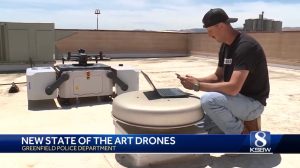
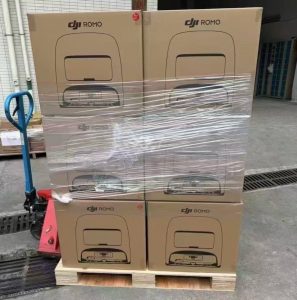
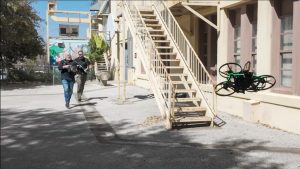



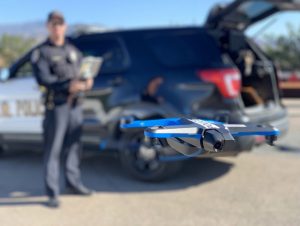
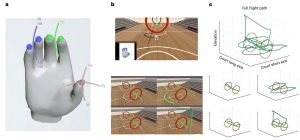
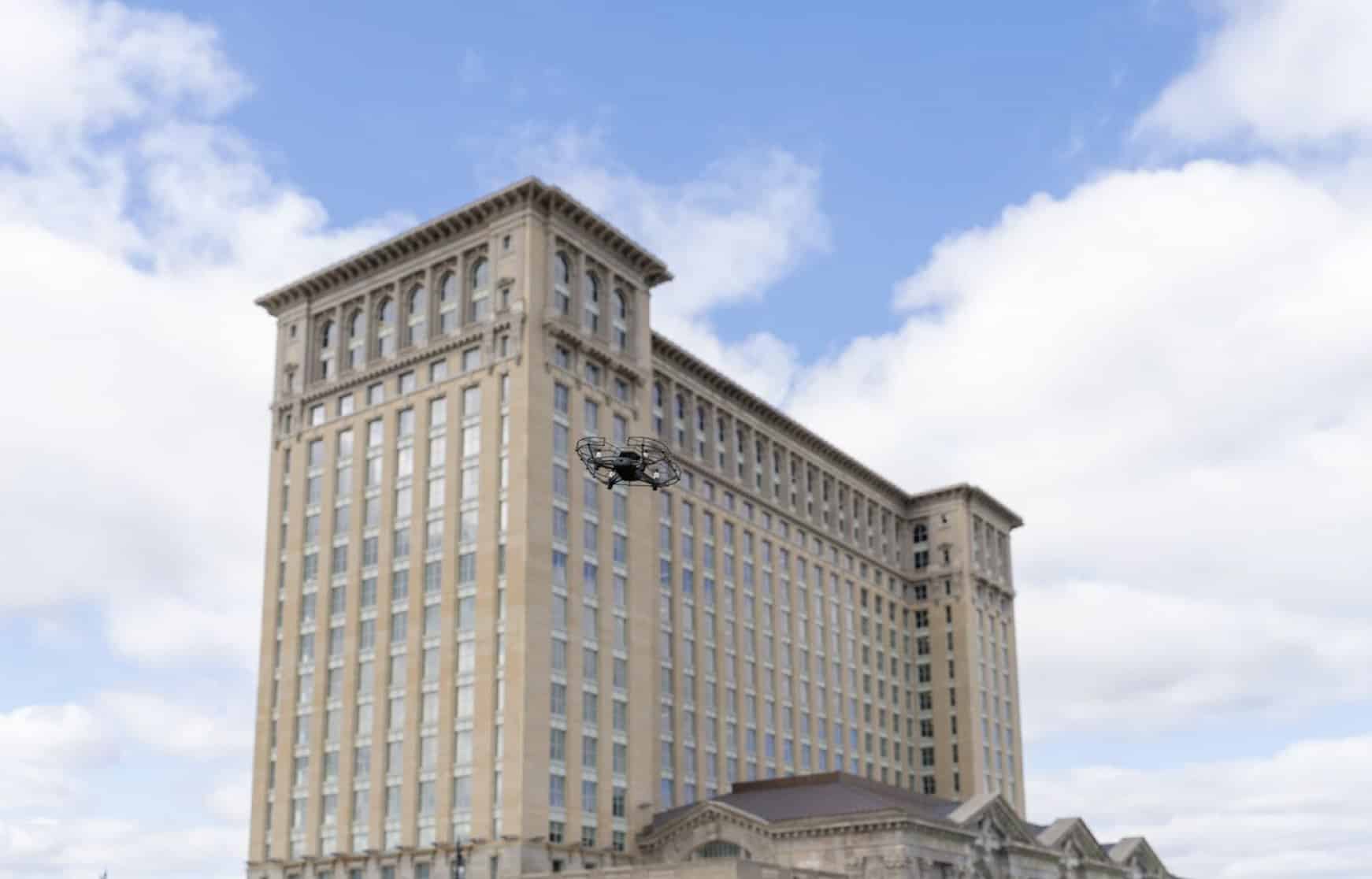

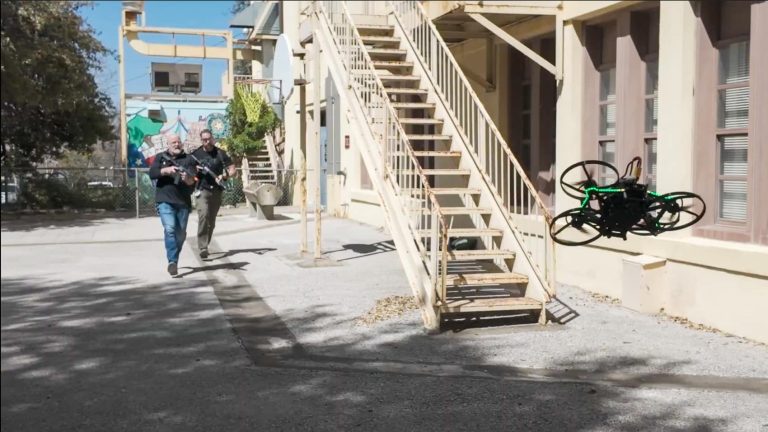
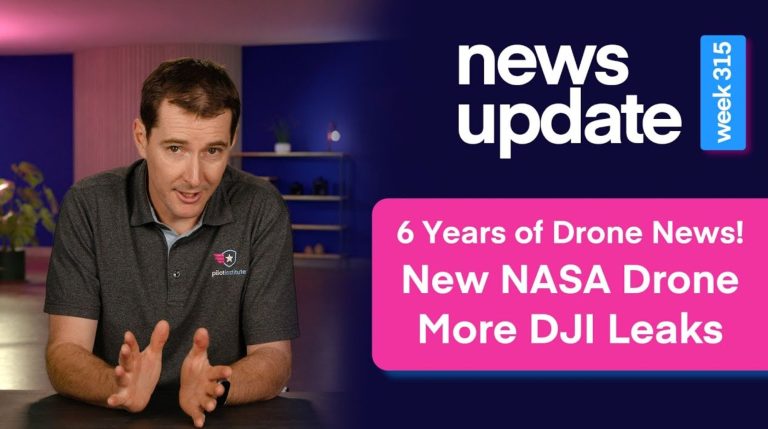
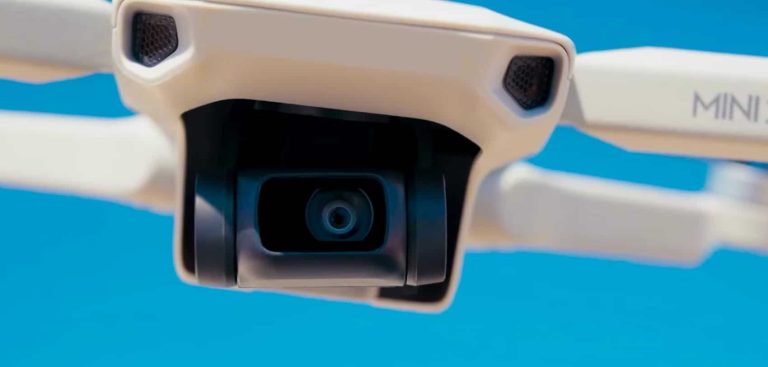
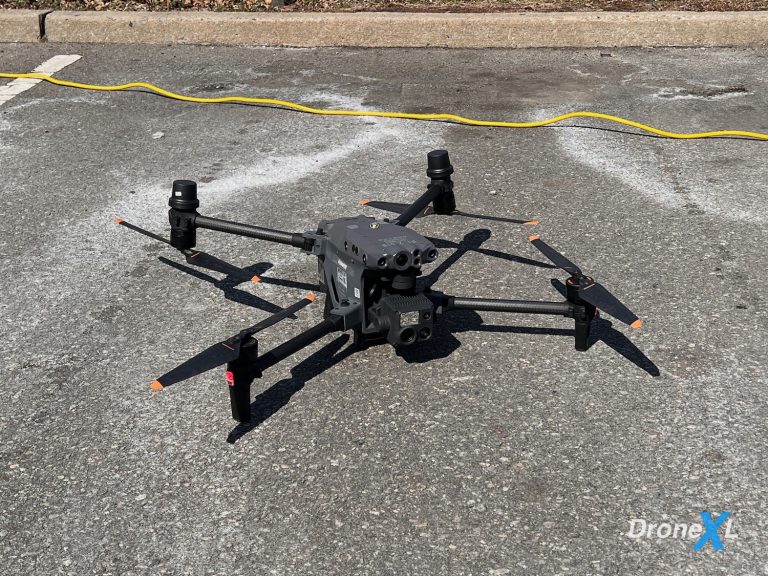
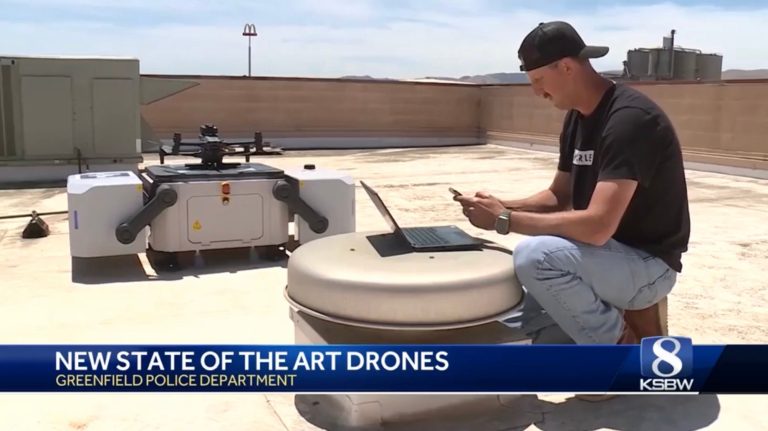
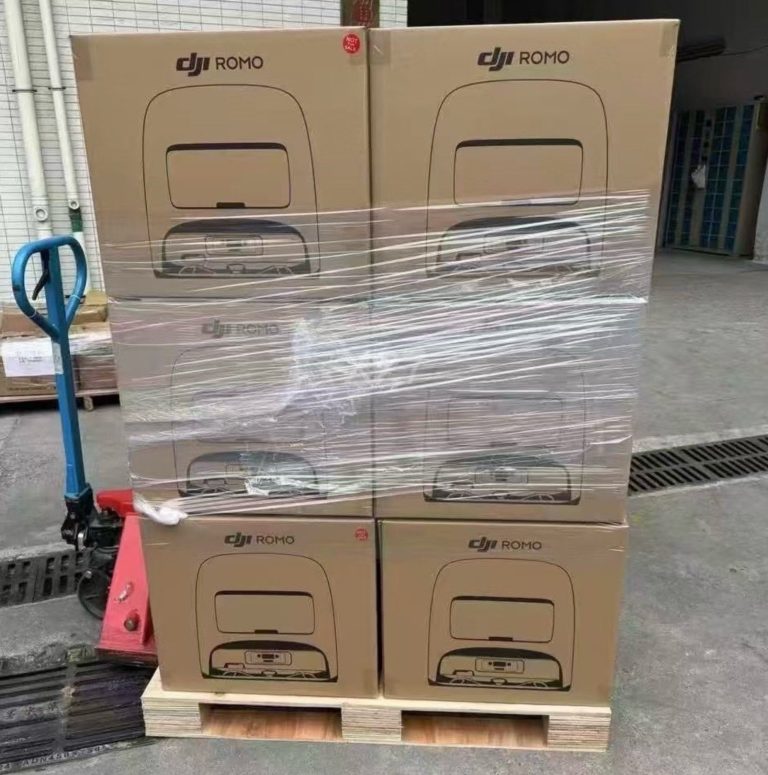
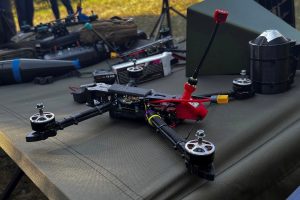


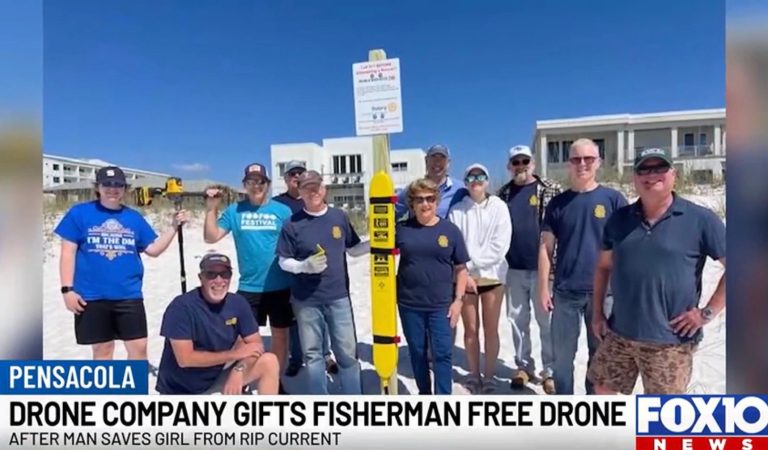
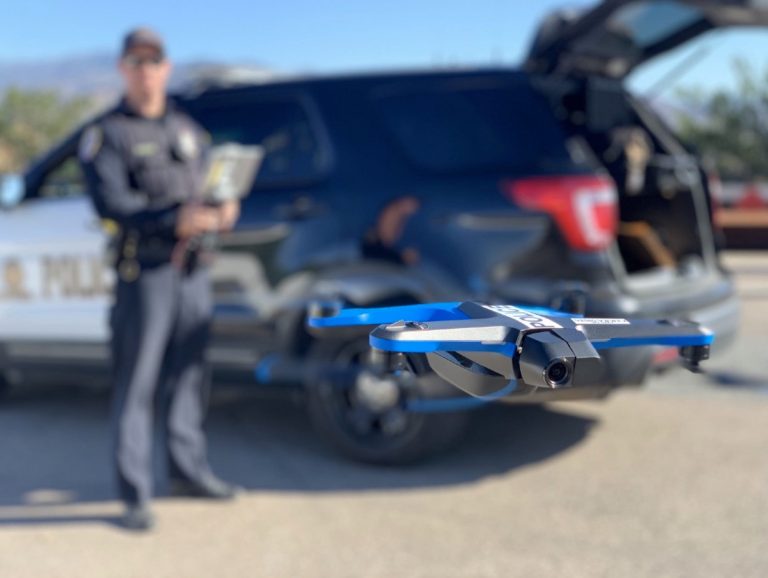
+ There are no comments
Add yours